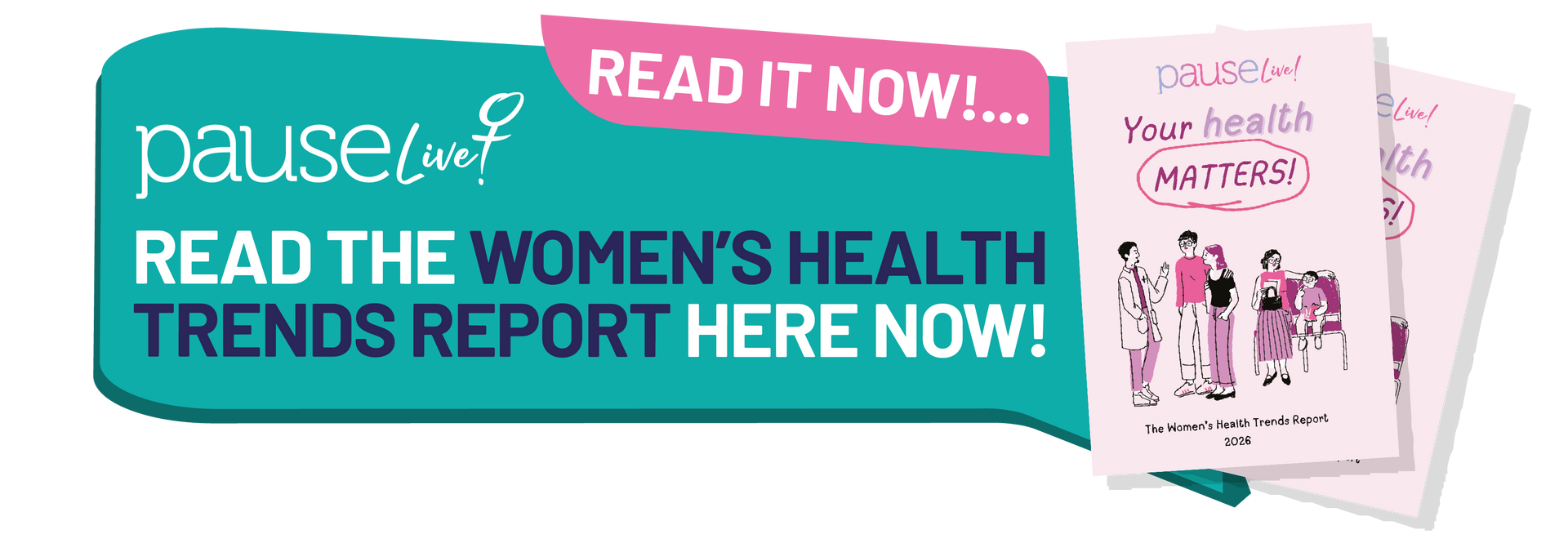Recognising the signs of menopause
Every woman will go through menopause in her life. This is usually between the ages of 45-55, but in rare cases can start earlier or later.
What is the menopause?
Menopause is defined as when a woman has not had any periods for 12 months in a row. The time leading up to this point – where the woman’s menstrual cycle may have fluctuated – is known as perimenopause.
Why does menopause occur?
Periods stop because the ovaries stop producing as much of the oestrogen hormone as they once did, so no longer release an egg each month.
Menopause can also start if a woman undergoes surgery such as a hysterectomy (removal of the womb) or an oophorectomy (removal of the ovaries). Certain cancer treatments such as chemotherapy or radiation therapy may also trigger menopause.
What are the signs of menopause?
There are many symptoms associated with the menopause that can have both a physical and mental impact on women.
These include:
- Brain fog
- Anxiety
- Mood swings
- Hot flushes
- Irregular periods
- Difficulty sleeping
- Headaches and migraines that are worse than usual
- Weight gain
- Dry skin
- Reduced sex drive
- Muscle ache and joint pains
- Vaginal dryness and pain
- Discomfort during sex
- Urinary tract infections (UTIs)
The intensity and duration of symptoms can vary from woman to woman – not everyone experiences the same concerns.
How many menopausal symptoms will women experience?
All women experience menopause differently. For some, menopausal symptoms won’t cause too much bother, but others can be greatly impacted by a range of challenges.
The intensity and duration of symptoms can also vary from woman to woman.
How is menopause diagnosed?
A GP or a private menopause specialist can diagnose perimenopause/menopause by chatting to you about age, general lifestyle, symptoms and periods.
Thanks to their experience and professional expertise, they should be able to confirm whether or not you’re menopausal.
If they’re unsure, they may offer you a blood test to assess your hormone levels.
Can you treat menopause symptoms?
Hormone Replacement Therapy (HRT) is the most common treatment of perimenopausal and menopausal symptoms. As the name suggests, this involves taking hormones to top up what you have lost. This is available on prescription from your GP.
Bioidentical Hormone Replacement Therapy (BHRT) is another option, but should be used with caution as it doesn’t have as many clinical studies supporting its use. You’ll need to see a private menopause specialist to access this treatment.
There’s also lots of things you can do to ease symptoms. These include:
- Get plenty of rest and stick to regular sleep routines
- Eat a healthy diet
- Have calcium-rich food like milk, yoghurt and kale to keep bones healthy
- Take vitamin D supplements
- Avoid spicy food and caffeine
- Wear light clothing and keep your bedroom cool at night to avoid hot flushes
- Talk to other people going through the same thing
- Stop smoking
- Cut down on alcohol
Alternative therapies can also help:
- Try relaxing exercise such as yoga or tai chai
- Make time to meditate
- Book a course of acupuncture


